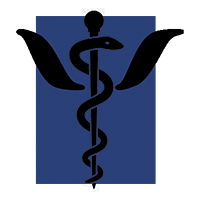What Is Pain Management?
Pain is an important signal, which alerts you to the need for medical attention. Your physician should always be the first to assess acute pain. But, when pain becomes chronic (extending beyond 4 months) and is associated with stress, tension, depression and anxiety, psychological techniques can be a helpful partner to your medical treatment, especially when pain problems interfere with your daily life. Common syndromes include: migraine and tension headaches, neck and shoulder pain, TMJ (jaw pain), back pain, joint pain, fibromyalgia, or evenRaynaud's disease.
Treatment For Pain Management
Psychotherapy along with relaxation, hypnosis, and biofeedback techniques can slow the firing of pain signals, reduce muscle tension, spasms and stiffness and provide active methods for taking control of your pain.



